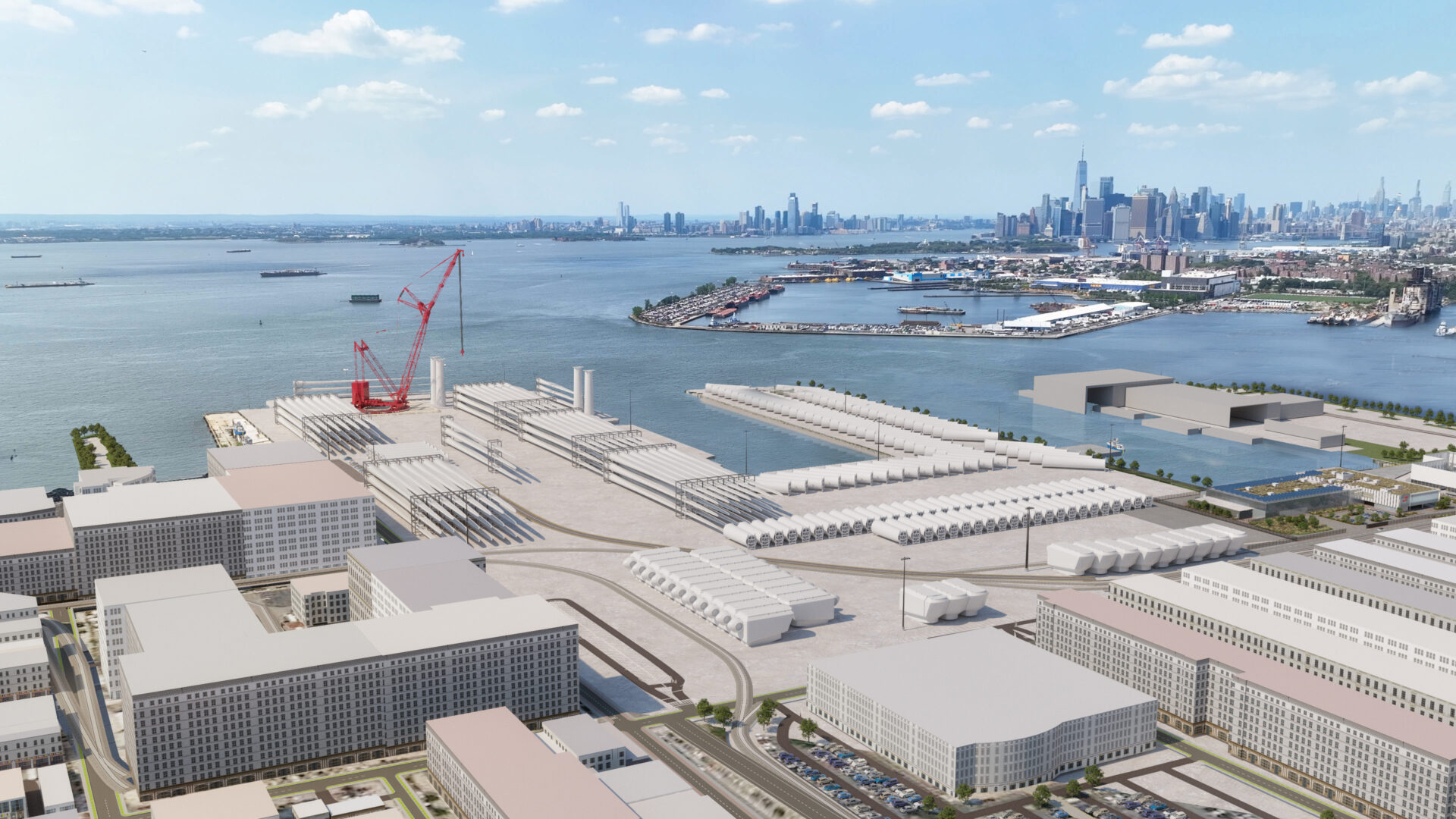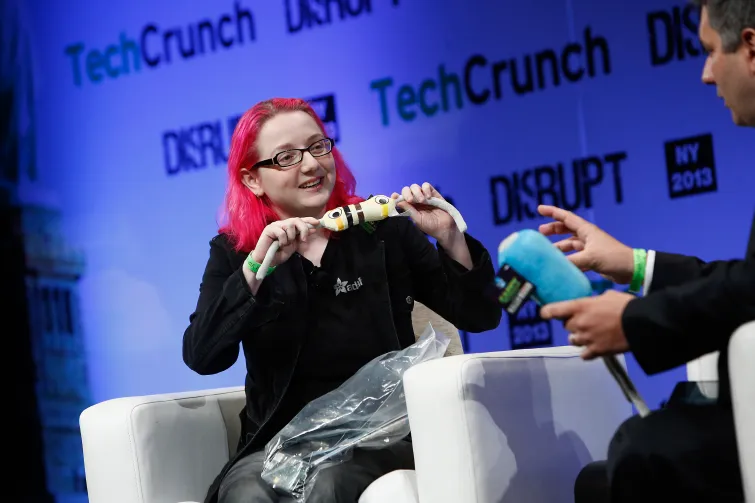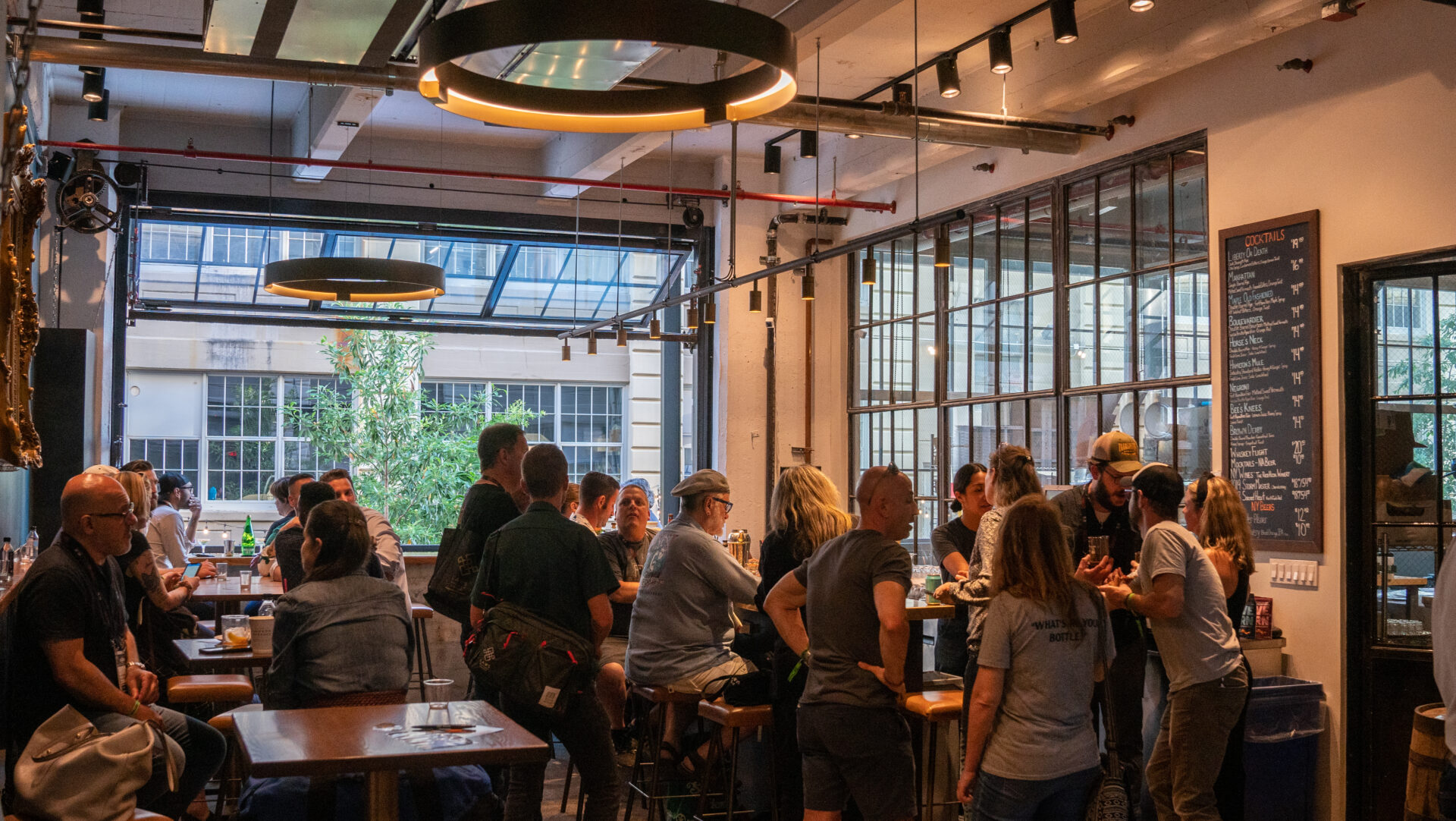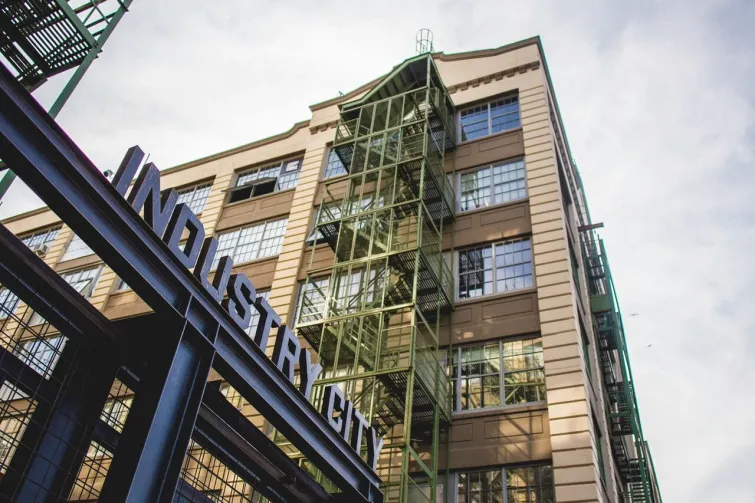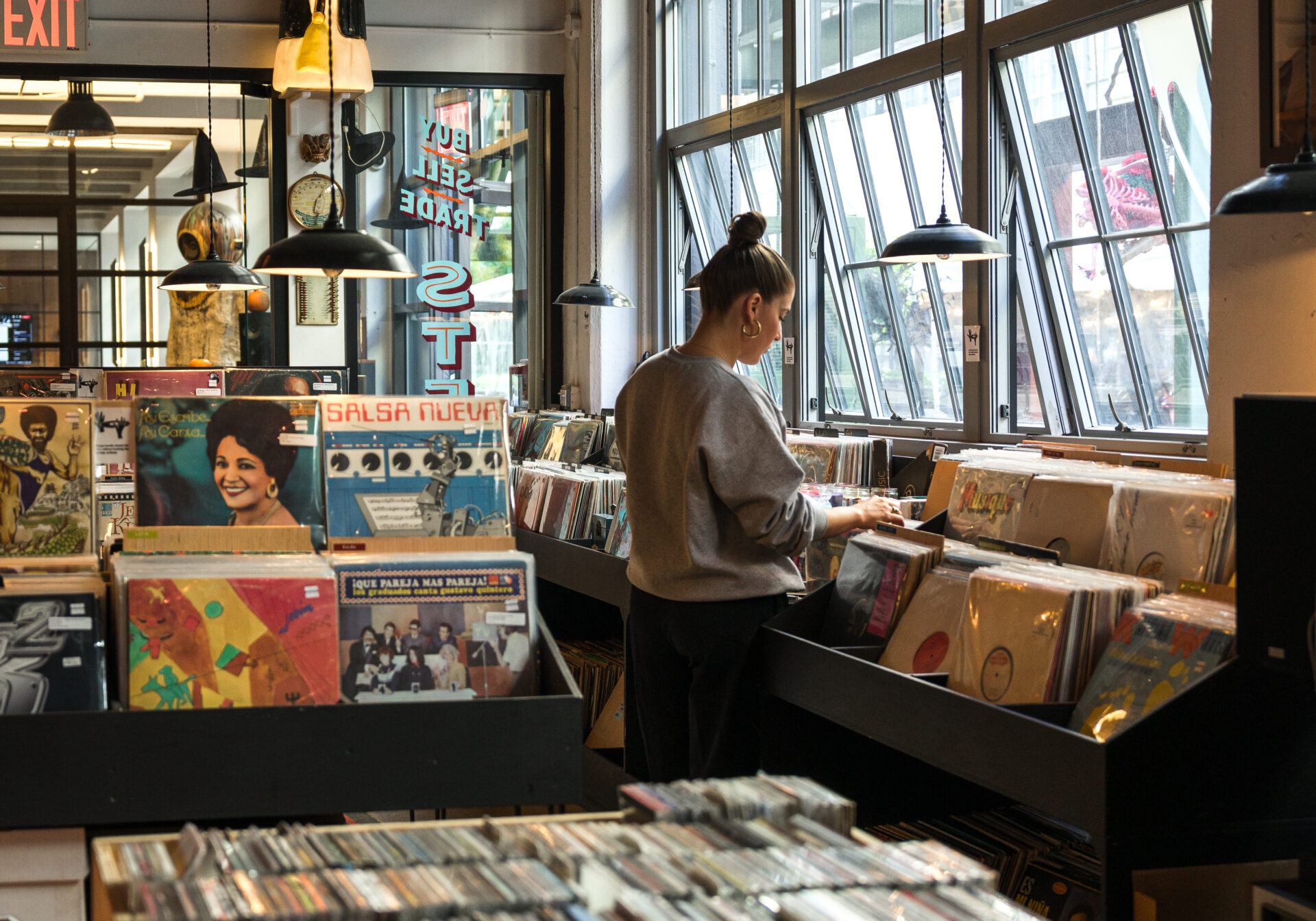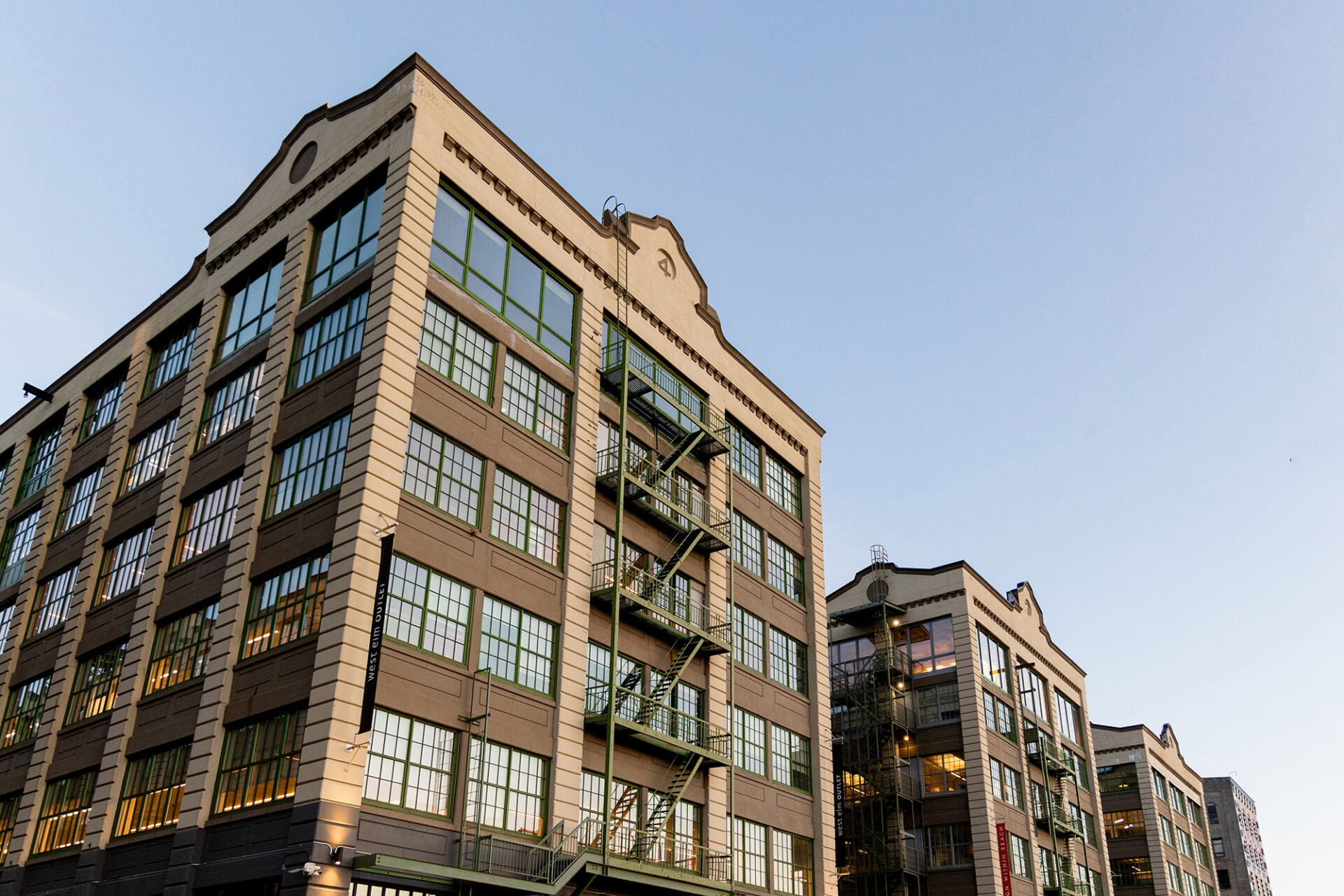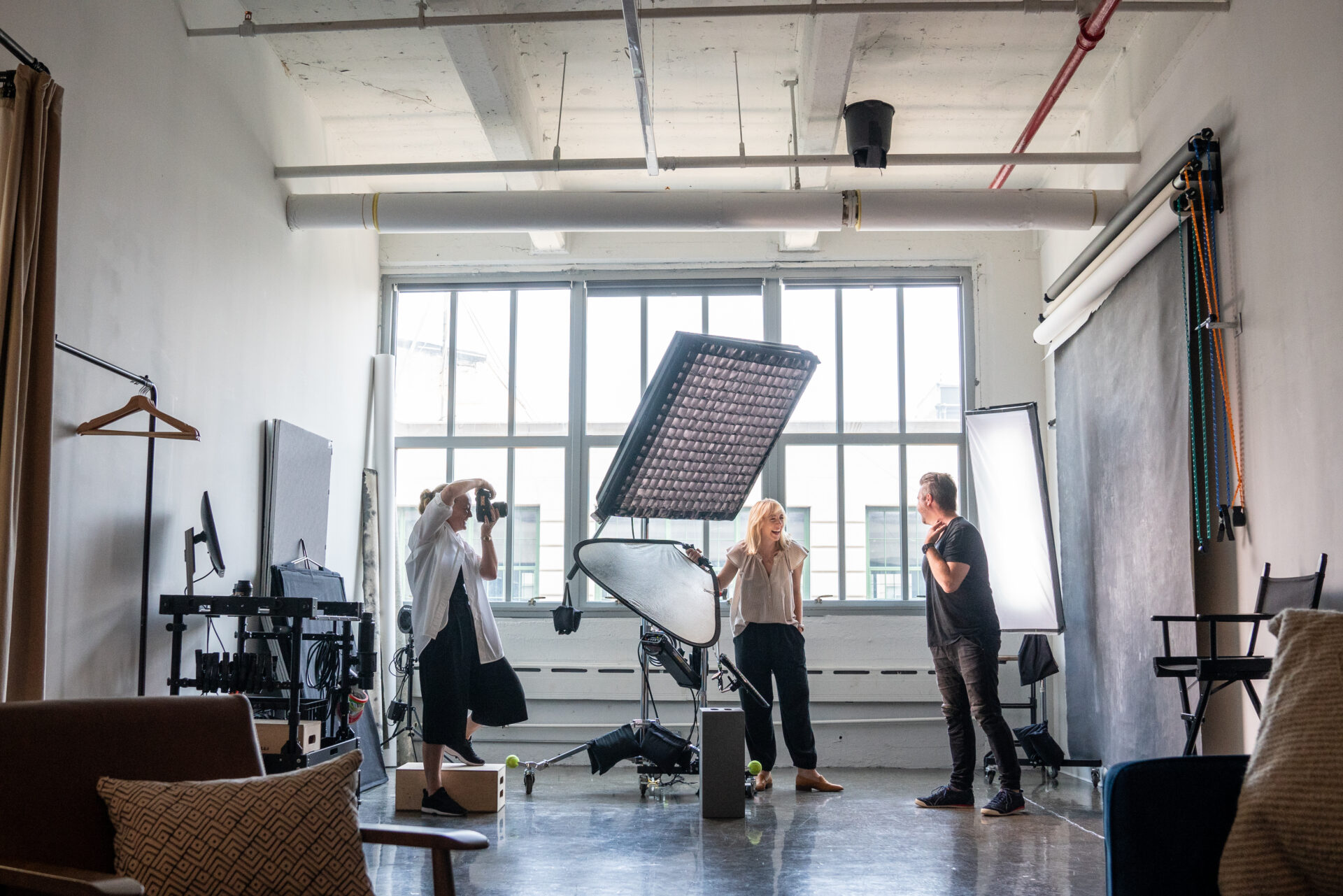Bringing Big SynBio to the Big City
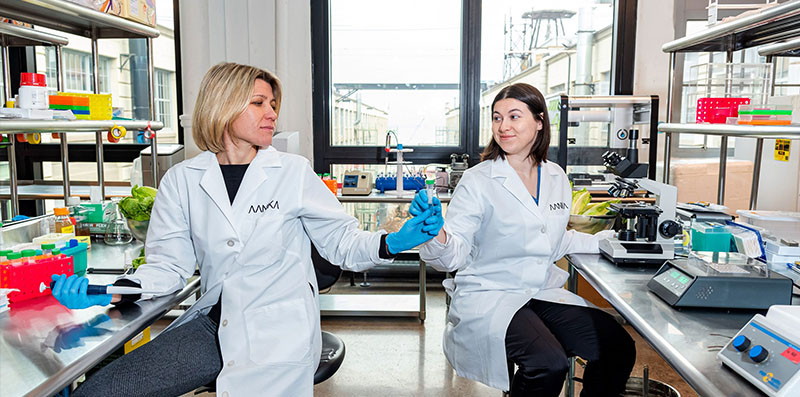
New York City is not for everyone. It has a reputation for being crowded, expensive, and frenetic. But it is still, as one writer puts it, the City of Ambition. Having attained preeminence in finance and publishing, NYC is now rising in biotech. Indeed, NYC is starting to vie with the traditional biotech hubs—Boston and San Francisco—for the favor of synthetic biology (synbio) companies, as evidenced by the growing number of synbio startups that have made the Big Apple their home.
The startups say that the real estate in NYC is surprisingly reasonable in comparison with that in Kendall Square or South San Francisco. The energy in NYC jives well with getting a startup off the ground, and the crowds bring with them large pools of talent.
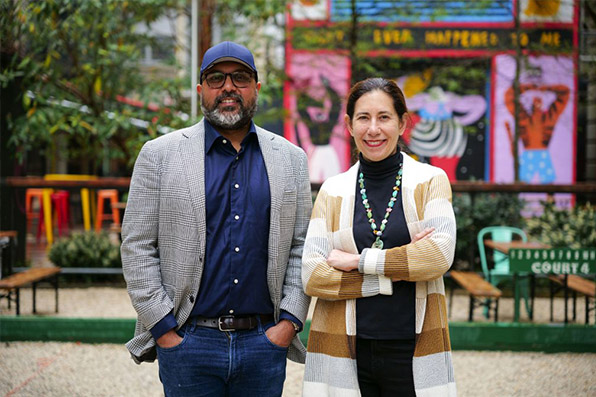
The first observations of spore formation in bacteria can be found in the 19th century laboratory notebooks belonging to Ferdinand Cohn and Robert Koch, the “Fathers of Bacteriology.” The process is a well-understood foundation of bacterial physiology. Now, a Brooklyn-based synbio startup is hoping to harness the process, combine it with new technology, and solve the problem of tracking products through supply chains.
Ellen Jorgensen, PhD, CSO of Aanika Biosciences, has been involved in NYC’s biotech scene for decades. She was the founder of Genspace and Biotech without Borders, two citizen science efforts designed to close the gap between science and the public by providing hands-on STEM education. After a decade in that field, she was looking to segue back into for-profit industry.
Around the same time, Vishaal Bhuyan, a former hedge fund manager in Connecticut, was taking a class at Genspace. He was thinking about solving a supply chain problem. How could goods—particularly those sourced overseas—be tracked closely enough to establish beyond any doubt their places of origin?
Bhuyan wanted to develop a tracking technology for food products. He had in mind edible tags made from a harmless microbe (Bacillus subtilis). The tags would carry a nonfunctional, noncoding snippet of DNA that would act like a barcode or watermark.
What attracted Jorgensen to Bhuyan’s endeavor was “the sheer simplicity of the idea.” The microbe was already in wide use industrially, in probiotic formulations, and known to be harmless. And writing DNA is now incredibly easy.
A Bacillus cell forms a spore when it is placed under conditions that are highly stressful—and the cell senses that it will not survive. The bacterium enters a dormant stage where, instead of replicating, it initiates a mechanism to protect its DNA with a very tough outer coat. It forms a spore. The team at Aanika creates different strains that are genetically identical, except for a very small piece of DNA—less than 200 base pairs—that is embedded in a nonfunctional genomic region through homologous recombination. The spores are mixed into food at the source, and then the shipment-specific barcode can be read out at the other end by qPCR or targeted next-generation sequencing.
Up until now, tracking has faced challenges. Attaching identifying marks to packaging can be problematic. Packaging can be destroyed, or its information can be lost in an aggregation center. There are roughly 70,000 produce farms in the United States. To track produce—leafy greens for example—each farm would need a different barcode. Aanika’s system could clear these hurdles.
Aanika dismisses skepticism about building a biotech company in NYC and denies that real estate is a barrier. The company will soon be opening a 27,000-square-foot facility, with 10,000 feet of laboratory space, that will be the company’s home in addition to a center for food safety and biotechnology. The space will house a pilot fermentation facility that Jorgensen hopes will be a resource or incubator space for other companies that are starting up in the city. Right now, notes Jorgensen, there are no small-scale industrial fermentation facilities in NYC where a company can make just a small batch of a fermented product.
“California and Boston, look out,” Jorgensen exults, “New York City is coming for you.” And it’s coming for you in a very interesting way, she adds. Many of companies that are doing biologically related work in NYC are focusing on industries other than biomedicine. These not your mother’s biotech companies. They have a different look and feel, and they play by different rules—which is fitting, since they are making their way in commercial realms that have yet to integrate biotech and synbio solutions, but soon will.
This is an excerpt from the original Genetic Engineering & Biotechnology News story published on August 9, 2022; to read the full article, click here.
Learn more about leasing space at IC here.








